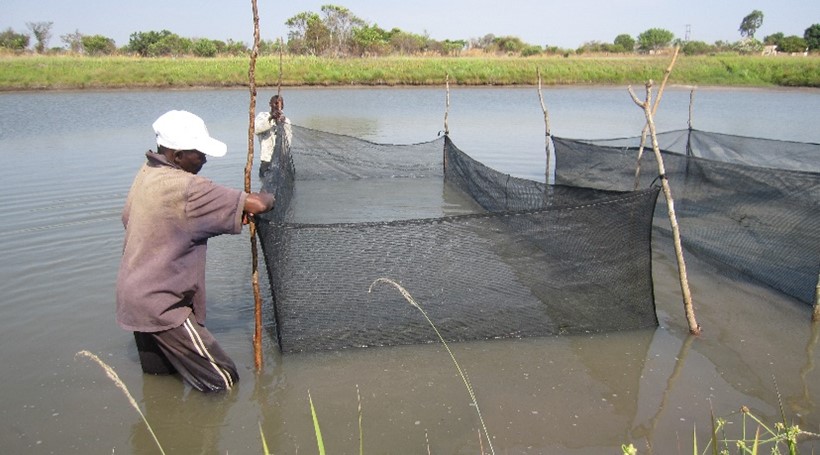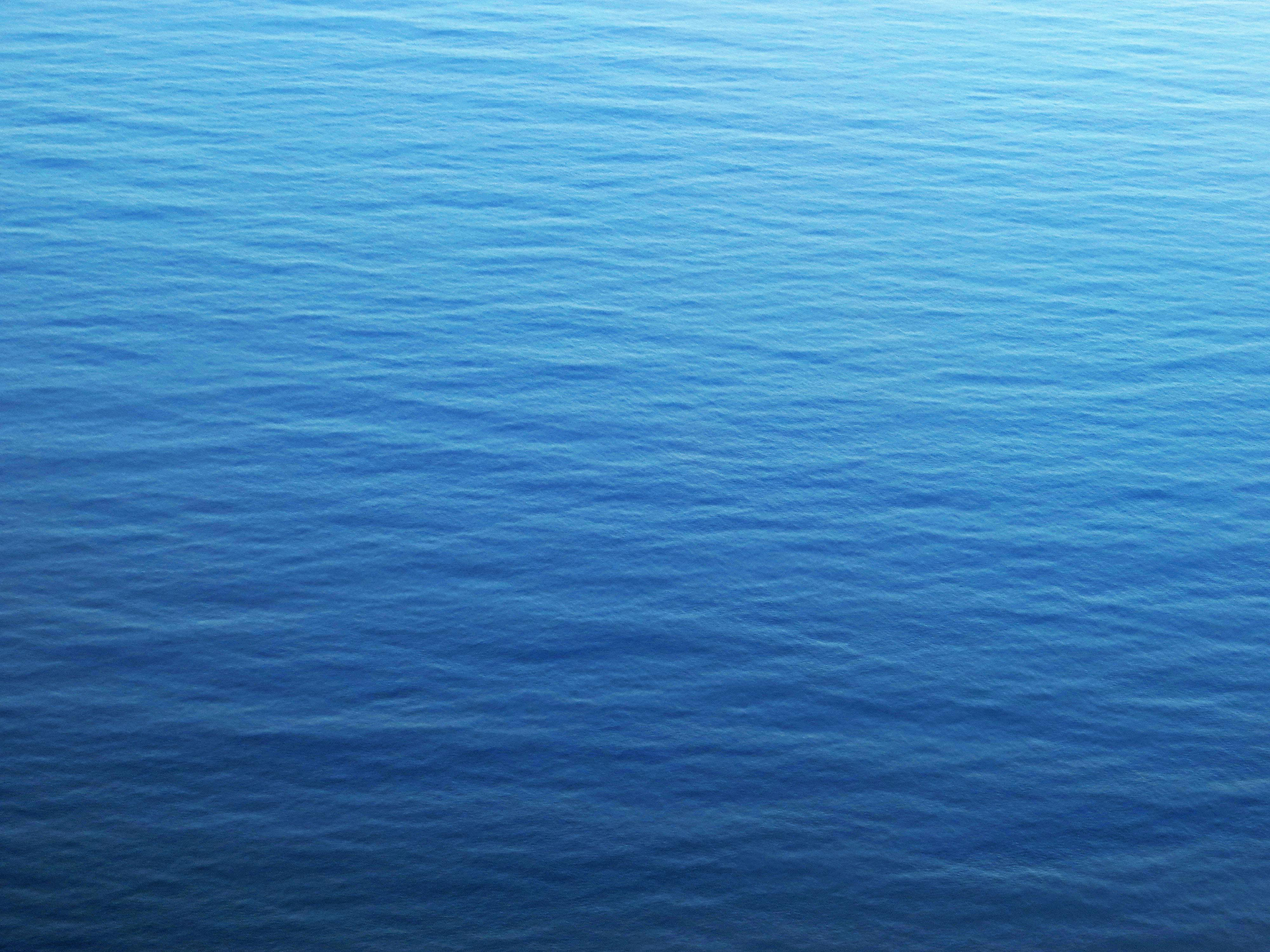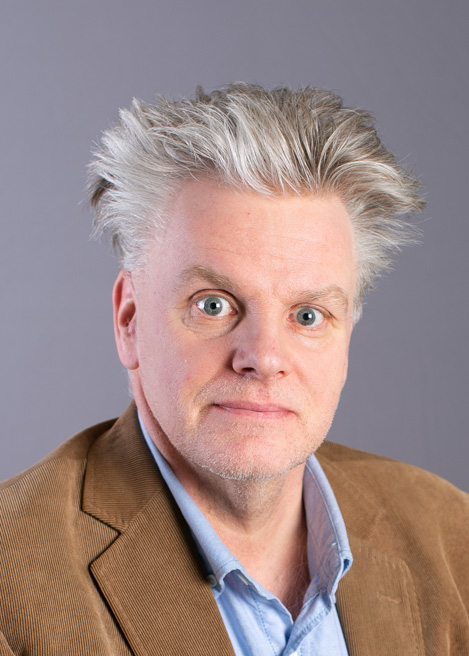Development of aquaculture education in higher education institutions in Kenya (Aquadevbus)

Duration of the project
Source of funding
Erasmus+ Cabacity Building
Total funding
800 000 €
The AQUADEVBUS project pays particular attention to integrated aquaculture, pedagogical practices and knowledge transfer through methods related to business development of aquaculture farms.
The aim is to develop Next Generation Aquaculture Education (NGA), building on the long-standing university-level education and research history of the participating universities.
Our smart aquaculture concept is based on long experience of aquaculture in all three countries. In terms of content development, we draw on the experiences of similar scale projects in Finland, Norway and Kenya.
Building on a wide range of experience and knowledge, the project aims to adopt modern techniques to improve the capacity of communities and partner universities, a hallmark of a sustainable future.
Pedagogical Wise Education (WP3) is another thematic cornerstone. We promote student-centred active learning, such as Multi-Competence Learning (MCL) and Project Based Learning (PBL), enriched with strong links to existing research, innovation and business.
In our pedagogically wise model, we talk about teachers as coaches and mentors, as well as the private sector and research institutions. At the heart of MCL is challenge-based learning (CBL) pedagogy, where students learn in multidisciplinary teams.
The third thematic cornerstone (WP4) consists of developing and enhancing the content of entrepreneurship, business, logistics, value chain management and other support functions. An important part of this project is building the capacity of organised producers to actively participate in the value chains of their products by positioning themselves to enter or create markets for their products.
The aquaculture sector has a multiplier effect on both the rapidly growing population, poverty reduction and job creation, especially in rural areas. Using the different pedagogical approaches outlined in this project, students will gain in-depth knowledge of green strategies and embed a culture of sustainable development in their studies. Universities, as centres for the dissemination of new knowledge, must play this key role in strengthening the capacity of students and their communities in key aspects of sustainable development.

Contact us
Partners
Artcic University of Tromssa (Norway)
Great Lakes University (Kenya)
Livia Vocational Institute (Finland)
Rongo University (Kenya)
Meet the research group
-
Research group
Resilient Supply Chain Management
-
Research group
Entrepreneurship and Value Creation
-
News

Aquaculture expertise in Kenya
Together with its Nordic and African partners, Turku University of Applied Sciences is developing fish farming expertise in East Africa.…
See all our projects
We carry out nearly 200 RDI projects every year, in collaboration with working life and international partner networks.


